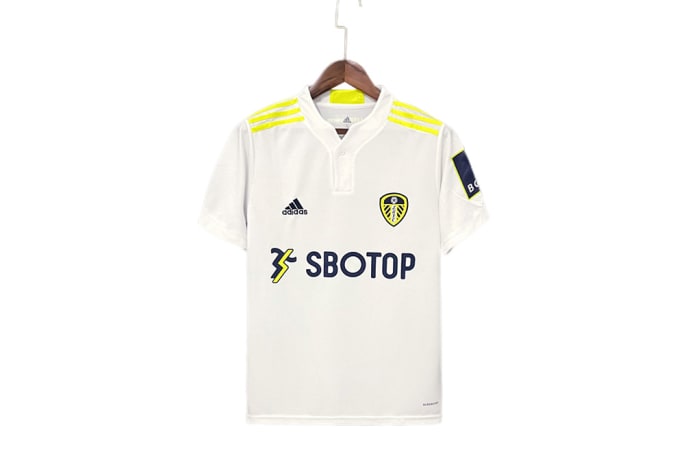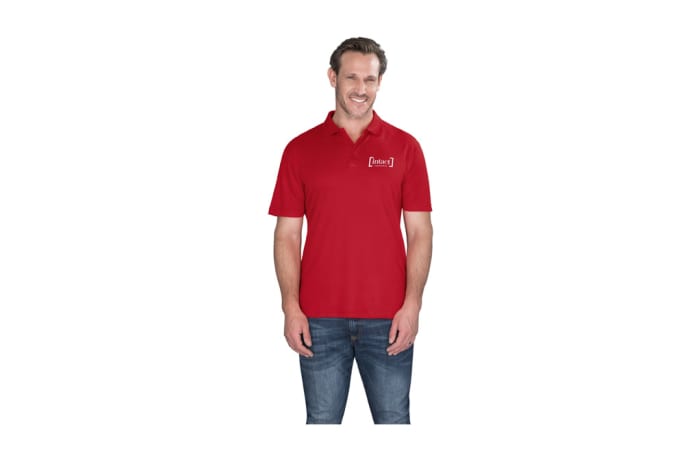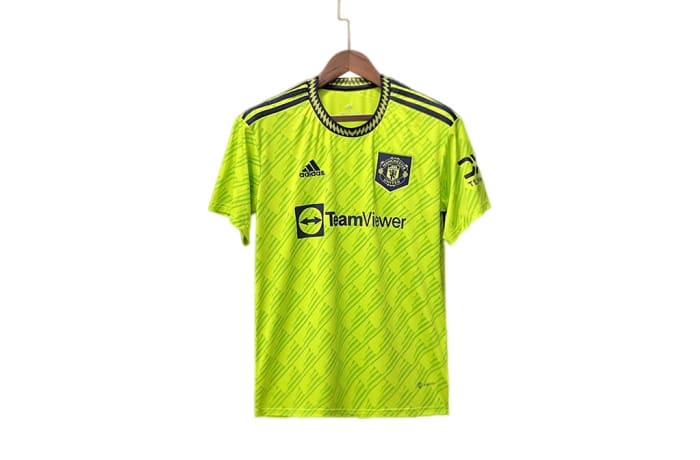
Leeds United F.C. Jersey (Away) 21 22 Season - White
Buy online
Further information
In the 1970s, Leeds United's away jerseys were predominantly yellow and blue, reflecting the club crest's core colors. As the club's success grew, the jerseys incorporated more intricate designs, such as the iconic pinstripes that adorned the away kits during the late '70s and early '80s. The 1990s and 2000s saw a shift in design, as the club experimented with various shades of blue, while also introducing other colours like black and silver, as well as different patterns.
The most recent Leeds United away jersey for the 21/22 season is a testament to the club's rich history and its strong partnership with its brand and sponsor. The sleek white design, accentuated with subtle patterning, pays homage to past jerseys while also embodying the modern spirit of football.
The significance of football jersey design culture cannot be overstated, as it serves as a visual representation of a club's identity, values, and traditions. For both players and fans, a jersey is more than just a piece of clothing; it is a symbol of loyalty and pride that unites people from different walks of life under the banner of their beloved team. Jersey designs often become a talking point among football enthusiasts, sparking debates and discussions on aesthetics, performance, and historical significance.
Moreover, the jersey design culture has evolved into an essential component of the football experience, transcending the pitch and influencing fashion trends and streetwear. Many fans collect jerseys as cherished memorabilia, while others wear them as a statement of their support and passion for the game. With each new season comes a fresh design, and clubs like Leeds United F.C. continue to push the boundaries of creativity and innovation, ensuring that every jersey release is met with anticipation and excitement from fans and collectors alike.
The influence of football jerseys on fashion trends has been remarkable in recent years. As the line between sportswear and casual wear continues to blur, football kits have emerged as a popular choice for both die-hard fans and fashion-conscious individuals. The widespread adoption of jerseys as streetwear can be attributed to a variety of factors, from their unique design elements to their cultural significance.
One key factor in the popularity of football jerseys as fashion pieces is the collaboration between clubs and renowned sportswear brands. These partnerships bring together the expertise of established designers with the distinct identity and history of clubs, such as Leeds United F.C., resulting in innovative and eye-catching designs that resonate both on and off the pitch. Furthermore, the involvement of prominent sponsors adds a layer of prestige and commercial appeal to the jerseys, making them attractive to a broader audience.
In addition to their visual appeal, football jerseys have become a symbol of individuality and self-expression. By wearing a jersey, fans can showcase their support for their favourite team or player, while also making a statement about their personal style. The blend of functionality and fashion has elevated football jerseys from mere athletic apparel to versatile and stylish wardrobe staples. From high-end collaborations and limited edition releases to street style ensembles and casual outfits, the impact of football jerseys on fashion trends is undeniable, and their influence is expected to continue growing in the coming years.
The role of sports sponsorships, particularly in football, has grown significantly in recent years, providing a valuable platform for brands to connect with fans and increase their visibility. As the relationship between sports and fashion strengthens, sponsorships have become an integral part of promoting brand awareness, both for the companies involved and the football clubs they support.
Sponsorships allow brands to capitalize on the immense passion and loyalty that fans have for their favourite teams. By associating their brand with a popular football club like Leeds United F.C., sponsors can tap into the emotional connection fans have with the team, fostering positive associations and brand loyalty. Furthermore, the global nature of football ensures that sponsor logos displayed on jerseys reach a broad and diverse audience, enhancing brand recognition and visibility. In turn, this exposure not only benefits the sponsors but also contributes to the club's financial success and global appeal, enabling them to invest in talent and infrastructure.
On the other hand, football clubs themselves can leverage these sponsorships to elevate their brand and showcase the team's unique identity. As the club collaborates with established sportswear brands and sponsors, they create innovative jersey designs that capture the essence of the team and connect with fans on a deeper level. This synergy between sports and brand sponsorships results in a mutually beneficial partnership, with both parties gaining increased brand awareness and credibility in the eyes of consumers. As the influence of sports sponsorships in fashion and culture shows no signs of slowing down, their role in promoting brand awareness will continue to be a vital component of the marketing landscape.
| Weight | 0.3kg |
|---|---|
| Title | Leeds United F.C. Jersey (Away) 21 22 Season |
| Colour | White |











